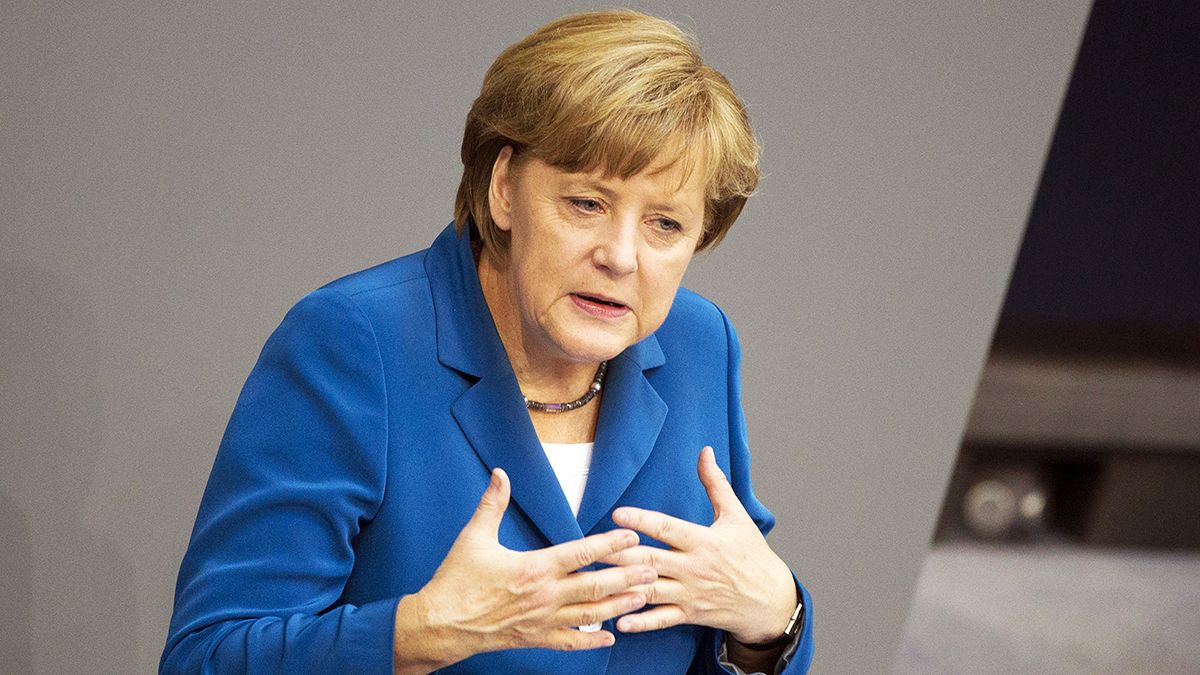Unchallenged and with no meaningful internal opposition, Angela Merkel’s re-election as leader of Germany’s conservative Christian Democrats (CDU)
Unchallenged and with no meaningful internal opposition, Angela Merkel’s re-election as leader of Germany’s conservative Christian Democrats (CDU) party comes as no surprise. The only question was just how resounding would her victory be.
Germany’s iron lady now has a level of support to make her European counterparts green with envy.
At the last CDU party congress in 2012, Merkel won the leadership with a score of 97.94 percent – the highest since she took over in 2000 after the Helmut Kohl era. She has no rival in sight with either the clout or the notoriety to replace her.
The uncontested master of Germany’s conservative party, she commands the same authority in the country at large. She’s serving her third term as chancellor and her popularity is still sky-high. One recent survey put her approval rating at 67 percent, with 56 percent of Germans in favour of a future fourth term.
Germany’s economic record under Merkel’s leadership sits head and shoulders above those of her contemporaries.
Despite the ongoing crisis in Europe, so far she has managed to stick to her guns and impose her views. What’s more, she continues to haul Europe’s “bad boys” over the coals – as France and Italy have found out.
At 60, this once dour former East German has softened her image.
One-time internal rivals called her Mutti (“Mummy”) as an insult. The German public embraced it with affection.
Merkel’s ordinariness is a political strength.
But on the international stage, she remains a symbol of firmness. Often the only woman among world leaders, she doesn’t miss an opportunity to say what she thinks.
In Europe Germany is a regional superpower and Merkel’s views dominate.
Indebted southern European countries have been forced into drastic austerity measures.
A year ago she was re-elected for a third term as German chancellor, following in the footsteps of Adenauer, Schmidt and Kohl.
The question now is whether she will seek a fourth mandate in 2017.
She sits abreast a ruling coalition of her own Christian Democrats (CDU) and the Social Democrats (SPD) that has 80 percent of the seats in the Bundestag.
Whereas in other countries politics has sometimes become so polarised it causes near-paralysis, in Germany the consensual bubble around Angela Merkel shows no signs of being about to burst.


